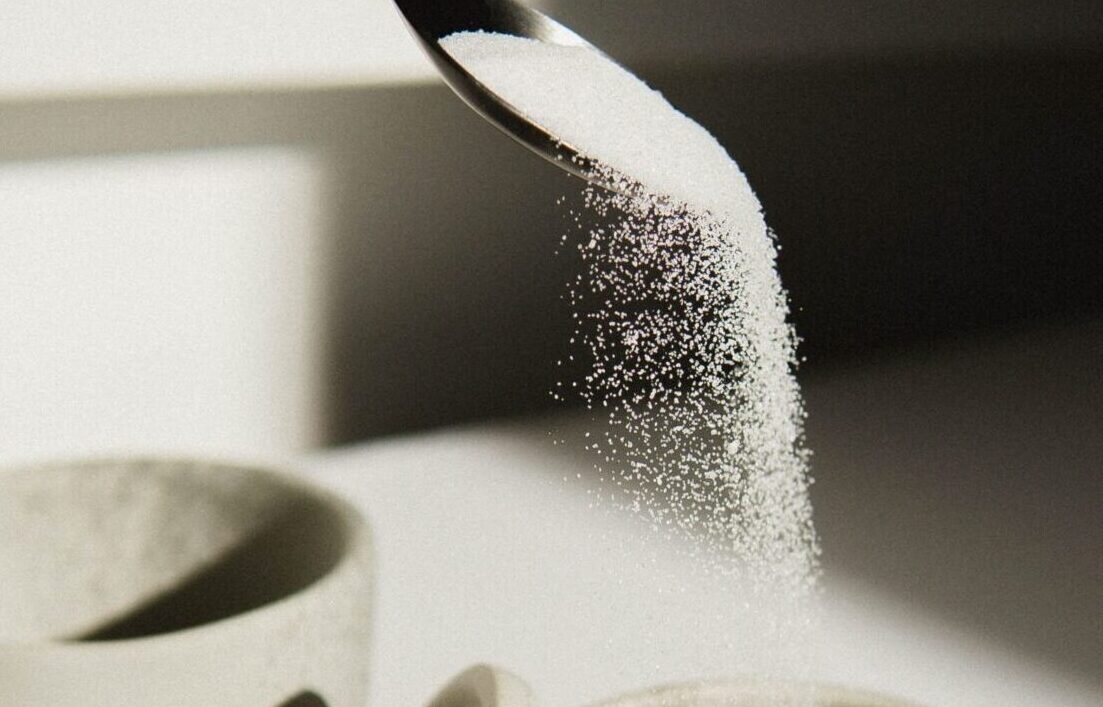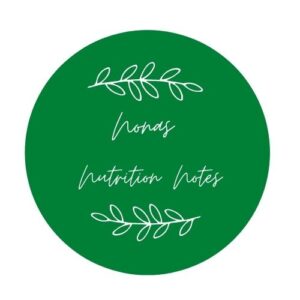Do you crave sugar? Can a deficiency be the cause?

Do you crave sugar, or sometimes just “need something sweet”? Sugar cravings are common. They may be psychological or the result of some bad habits. But what about an underlying deficiency? Is there a clinical reason we love sugar?
Can we blame it on bad habits?
Bad habits can begin early. Sweets used as a reward lead children to develop unhealthy food choices. It conditions them to desire sweets and teaches them to rely on sweets to deal with emotions. The American Heart Association suggests limiting sugar in children to 6 tsp or about 24 grams of sugar per day, and no sugar at all for those under 2 years of age. Food labels can help you find out just how much sugar is in the food you are eating. You may be surprised to find added sugar in foods you weren’t expecting. For example, catsup, pasta sauce, and many condiments have hidden sugar.
Encouraging a taste for sweets in young children leads to obesity and developing diabetes and heart disease. Instead, offer stickers, or gold stars to reinforce good behaviors. Parents should also be role models and choose to eat healthy foods with their children.
Insomnia
Bad sleeping habits may be related to sugar cravings. Some research suggests insomnia or wakefulness is associated with excessive food intake and consumption of sweets and unhealthy snack foods. In one study poor sleep quality was found to result in consumption of high sugar energy drinks, skipping breakfast, and other unhealthy eating habits in overweight adults who reported suffering from insomnia.

Insomnia also lends itself to eating at night when the drive is more likely a search for comfort rather than satisfying hunger. In other words, poor sleep may lead one to choose unhealthy, high-sugar foods that act as coping mechanisms and mood stabilizers.
Can a deficiency or imbalance cause us to crave sugar?
Magnesium deficiency
Some people believe sugar cravings are the result of a nutrient deficiency. Magnesium is often to blame but there is little evidence to support this. Magnesium is important for many functions in the body. It regulates glucose and insulin levels and the way our body uses energy.
The thinking is that when our body doesn’t have enough magnesium, it will affect our metabolism and energy production, resulting in feelings of fatigue and a desire for sugar.
A magnesium deficiency is actually rare unless there is an underlying health condition such as inflammatory bowel disease, a genetic disorder, or alcoholism.
In a controlled clinical trial, however, elderly adults who were given a 500mg magnesium supplement or placebo reported improved measures of insomnia such as sleep time and efficiency after 8 weeks. One can therefore argue that improved magnesium levels, reduce sugar cravings by improving sleep.
Low Protein diets
Some experts suggest sugar cravings are the result of not enough protein in your diet. Since protein foods digest more slowly, you feel full longer, and blood sugar does not rise as quickly. There is evidence to support eating frequent higher-protein foods results in improved appetite control and may therefore delay a desire for sweets.
In one study, two groups of overweight middle-aged men with a BMI >31 consumed a high protein diet (25% protein) or a normal protein diet (14% protein) for 7 weeks. Those eating the higher protein diet reported less hunger throughout the day, had a reduced desire to look for a snack or something sweet, and were less likely to eat late at night.
Severe diet restrictions
Let’s face it, we enjoy eating what tastes good. Severely restricting ourselves of sugar or sweets can not only leave us yearning for the foods we have been avoiding but can also lead to stress and anxiety and result in bingeing. Don’t starve yourself and set yourself up for “needing sugar” for energy.
The road to weight loss does not need to be all or none. Allowing yourself to eat a small amount of sugar is perfectly fine. Choosing pre-portioned snack items can help to control portions and quantity and make it easier to eat just one.
Stress
Stress puts us off balance. It causes a loss of self-control and consequently affects eating behavior. Stress produces a physiological change in our body as it prepares us to cope with the stressor. Our body releases cortisol, a steroid hormone that regulates eating behaviors and choices.
For some, the response is a decrease in hunger, while others have an increased appetite for certain foods or types of food. Researchers have found that stress-related eating is associated with a greater preference for foods higher in sugar and fat. These feel-good foods offer short-term pleasure and relief from the discomforting stress.
What can you do the next time you crave sugar?
- Drink water. Dehydration is a stress on the body and brain and may be a factor in depression.
- Exercise not only diverts your attention but has also been shown to increase serotonin. Serotonin is considered a natural mood stabilizer and may help improve sleep.
- Practice mindful eating. Pay attention to you what you consume and avoid distracted eating, and snacking without thinking about it.
- Say “ok” to a small amount of sugar. Remember it’s not all or none.
- Chew gum, if you just need a tiny bit of sweetness or just need something to “chew on”.
The bottom line
If you think you crave sugar take a look at your everyday diet. Healthy eating should include a variety of foods that will help avoid any deficiencies and meet your nutritional needs.
That means eating lots of fruits and vegetables. Leafy greens, broccoli, and spinach are good sources of magnesium, as well as avocados, almonds, cashews, peanuts, and peanut butter. Include lean protein sources throughout the day. In other words, add chicken, fish, yogurt, or legumes to your meals and snacks.
Focus on getting a good night’s sleep. Look for your best way to unwind. Maybe that means reading a good book or stress-relieving yoga. Avoid eating close to bedtime or drinking caffeine-containing beverages too late in the evening.
And remember, it’s not all or none. Severe restriction or not allowing any sugar or sweets just leads to anxiety and stress setting the stage for giving in and bingeing. Allowing an occasional treat without the feeling of failure or guilt is the best way to keep cravings at bay.

